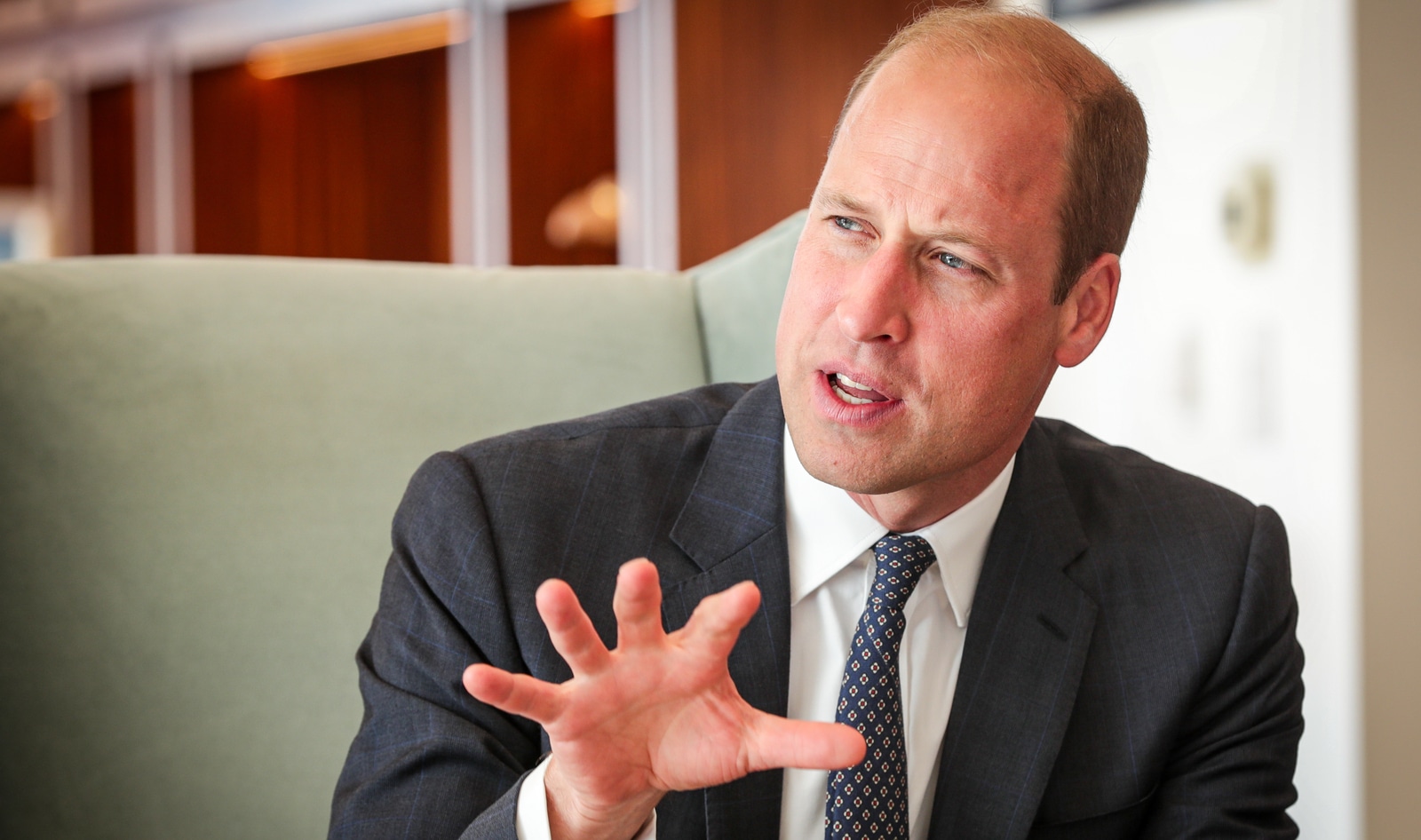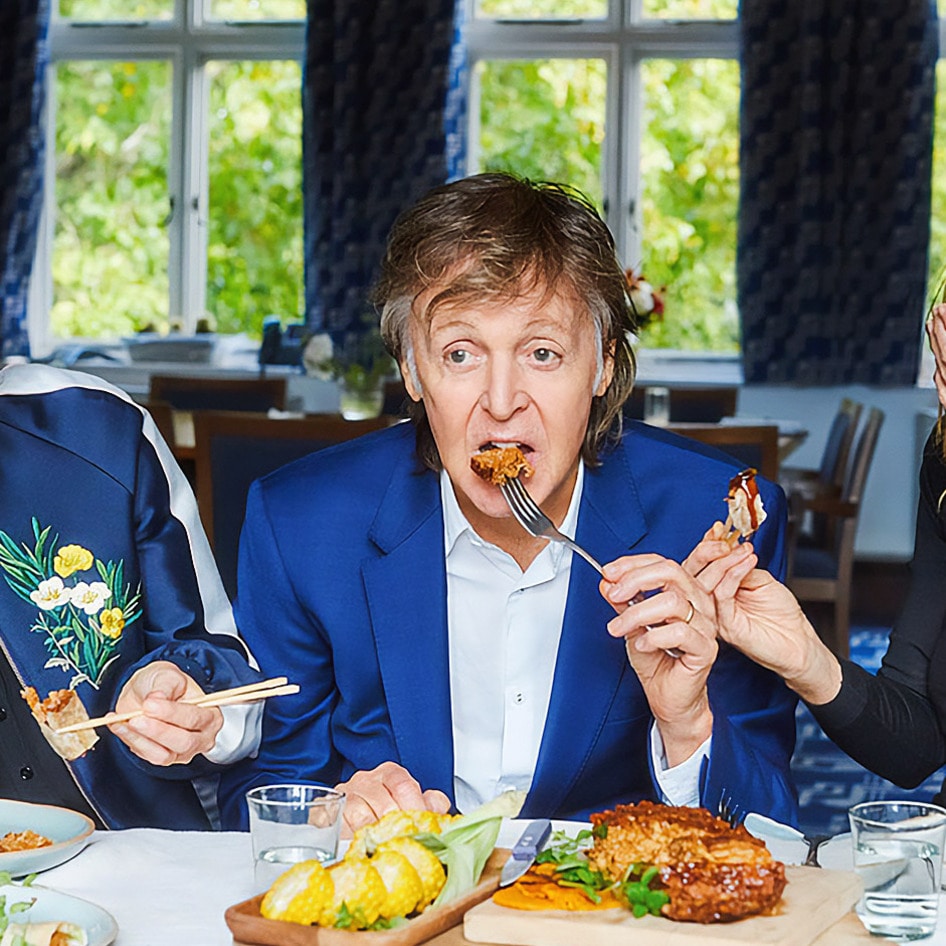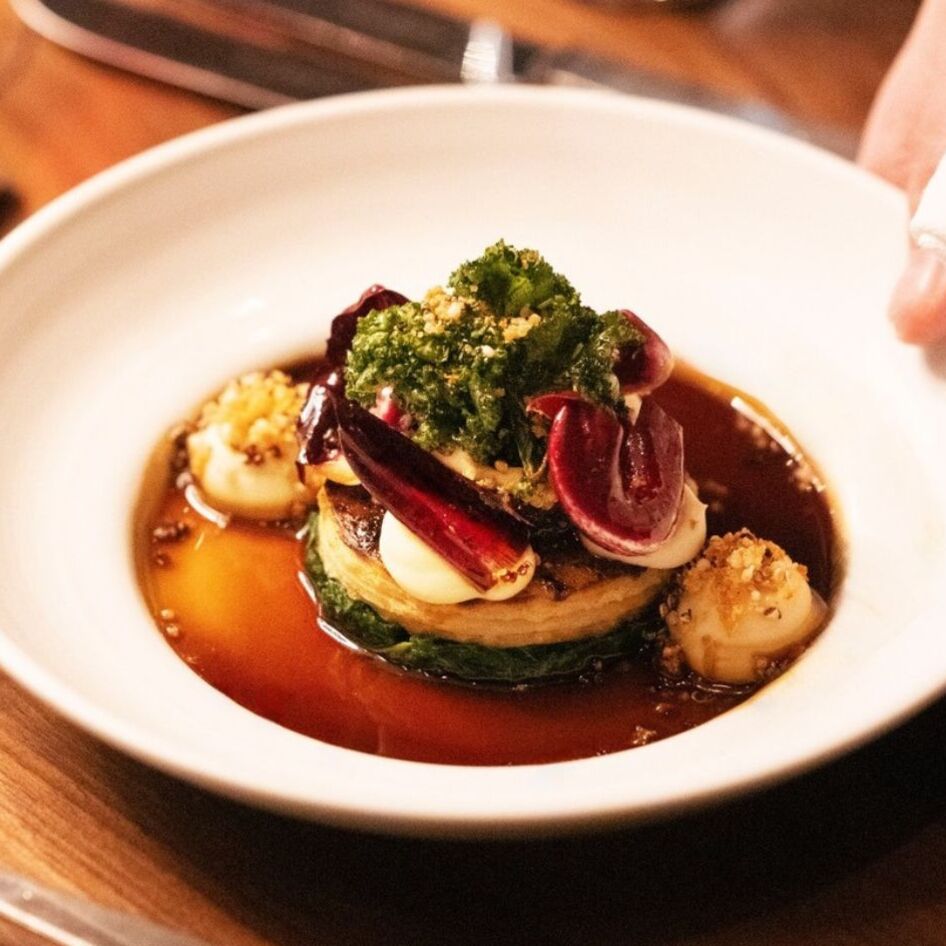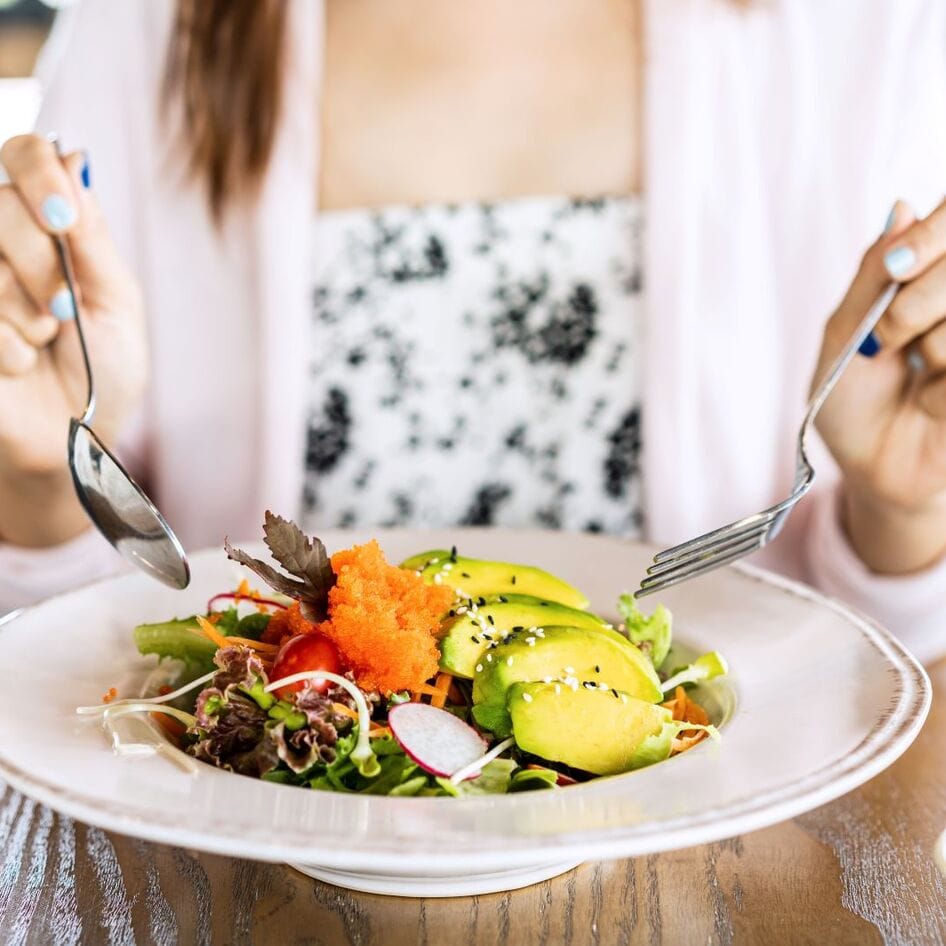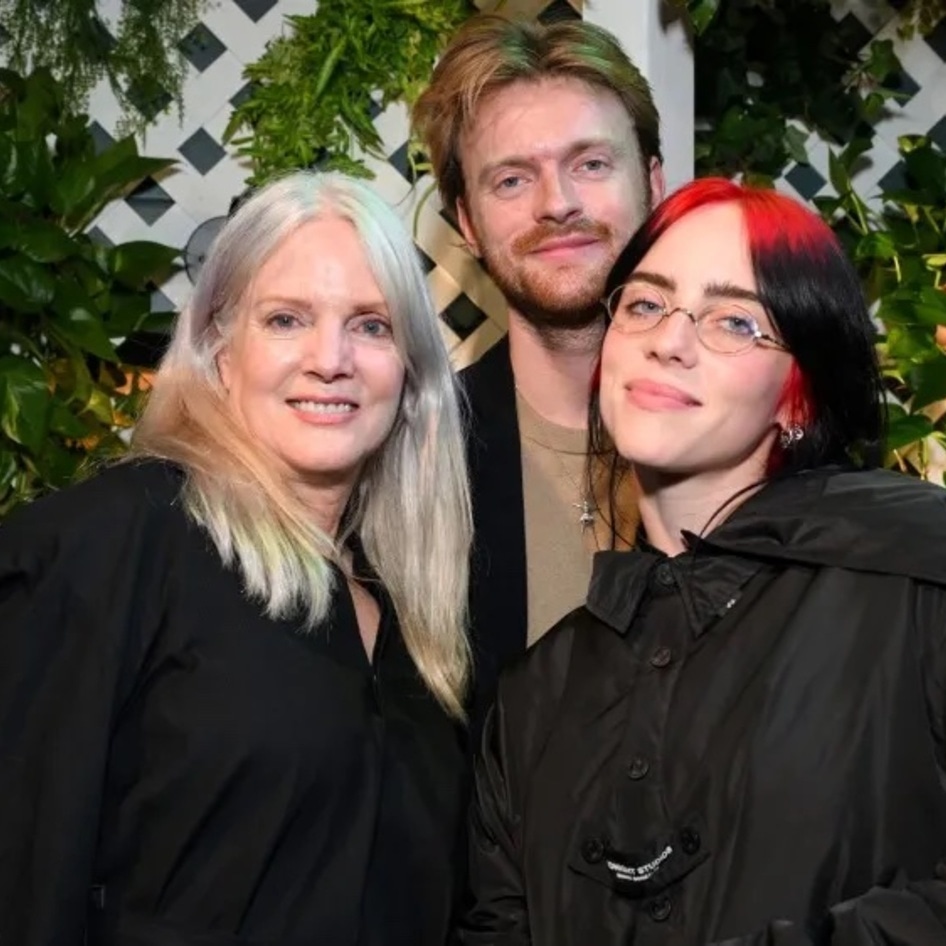Prince William has arrived in Rio de Janeiro for the Earthshot Prize Final Awards Ceremony. While the event celebrates groundbreaking solutions to the climate crisis, another conversation is rumbling in the background: in Brazil, what does it mean to eat sustainably?
Founded by the Prince of Wales in 2020, the Earthshot Prize is one of the world’s most high-profile environmental awards, offering millions in funding to innovators tackling issues like climate change, pollution, and biodiversity loss. This year, 15 finalists compete across five categories (Fix Our Climate, Build a Waste-Free World, Revive Our Oceans, Clean Our Air, and Protect & Restore Nature) for five £1 million prizes (approximately $1.3 million).
For the first time in Earthshot’s five-year history, the final awards will take place in Latin America, with Brazil chosen for its role as home to nearly a fifth of the world’s biodiversity and the Amazon Rainforest.
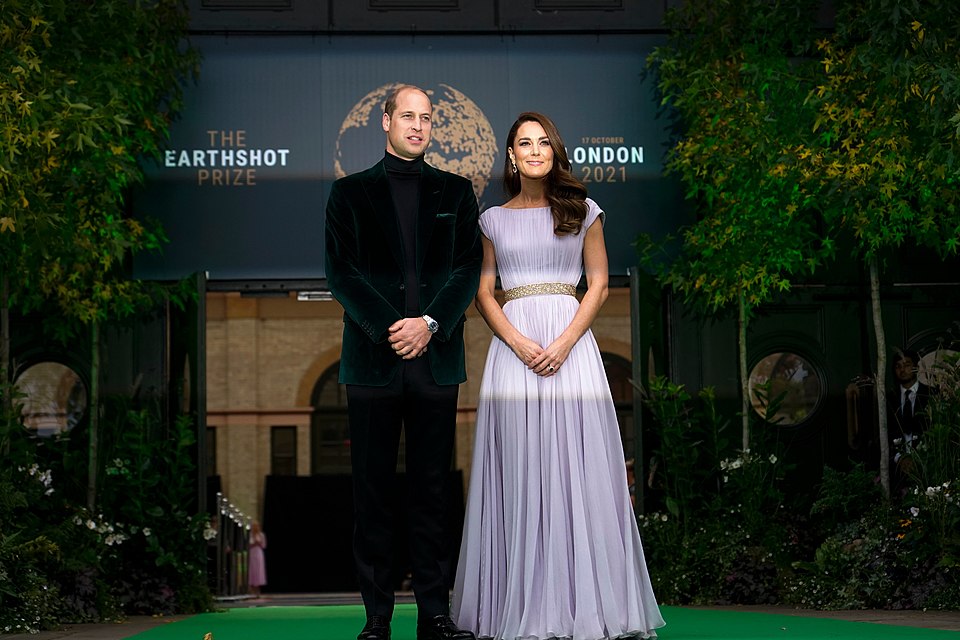 Wikimedia Commons
Wikimedia Commons
According to local media, acclaimed Brazilian chef Saulo Jennings was initially invited to cater the three-day celebration at Rio’s Museum of Tomorrow, where 700 guests will gather to meet the Prince and celebrate the awards ceremony.
Jennings planned to serve pirarucu, a freshwater Amazonian fish once endangered but now sustainably managed and central to Indigenous culinary traditions.
But, according to Jennings, he was told by the Earthshot team that the menu had to be vegan—though organizers later clarified they had requested a vegetarian menu, in line with their catering policies. “It’s like asking Iron Maiden to play jazz,” Jennings told The New York Times. “It was a lack of respect. For local cuisine, for our culinary tradition.”
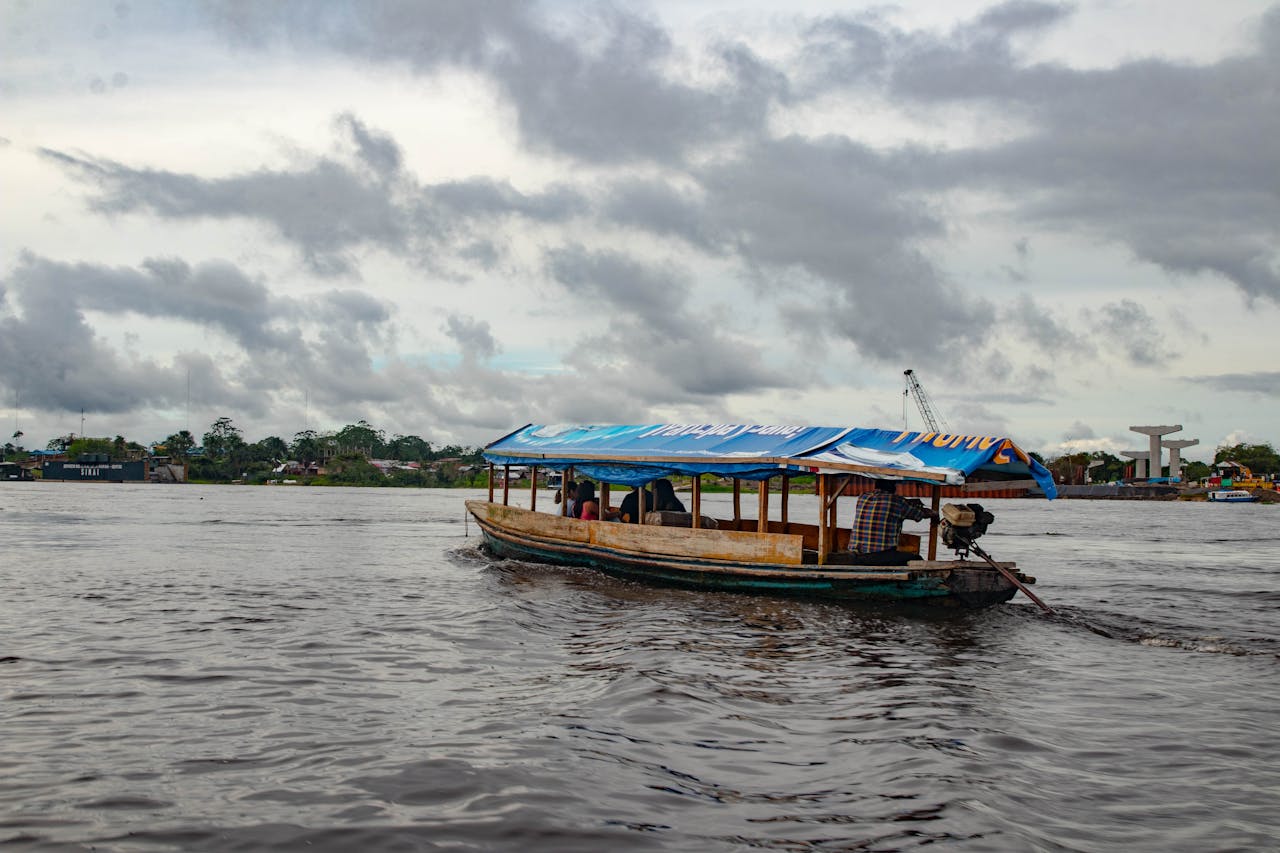 Pexels
Pexels
Jennings agreed to serve a plant-based menu, but it turns out he will no longer be catering the event. Earthshot organizers said the decision was due to budget constraints rather than the menu.
Still, Jennings was frustrated. “We eat whatever the forests give us, whatever the rivers give us,” he said. “Some days, we eat fish. Other days, we eat nuts and açaí. This is also sustainable.”
The bigger picture: Why Earthshot is plant-based
Earthshot’s catering policy, however, reflects a broader environmental reality. Animal agriculture is a leading driver of deforestation, greenhouse gas emissions, and biodiversity loss. In the Amazon, cattle ranching is the number one cause of habitat destruction.
This bleak picture has led many experts to call for a drastic reduction in meat consumption. In 2022, researchers from the University of Bonn in Germany found that wealthier nations must cut meat intake by at least 75 percent to meet climate targets. “If all humans consumed as much meat as Europeans or North Americans, we would certainly miss the international climate targets and many ecosystems would collapse,” said study author Matin Qaim.
BECOME A VEGNEWS VIP: Get exclusive product deals, freebies, and perks galore!
But the issue is nuanced. Most studies critique industrialized meat and fish production. That means mega factory farms and large-scale trawlers that devastate ecosystems. Indigenous food systems, by contrast, are often rooted in reciprocity and regeneration. They offer models of coexistence with nature rather than exploitation.
The recent catering debate highlights that often, sustainability isn’t one-size-fits-all. But for Earthshot, promoting a plant-based menu aligns with its global mission to model scalable, accessible climate solutions.
For more plant-based stories like this, read:
JUMP TO ... Latest News | Recipes | Guides | Health | Subscribe

